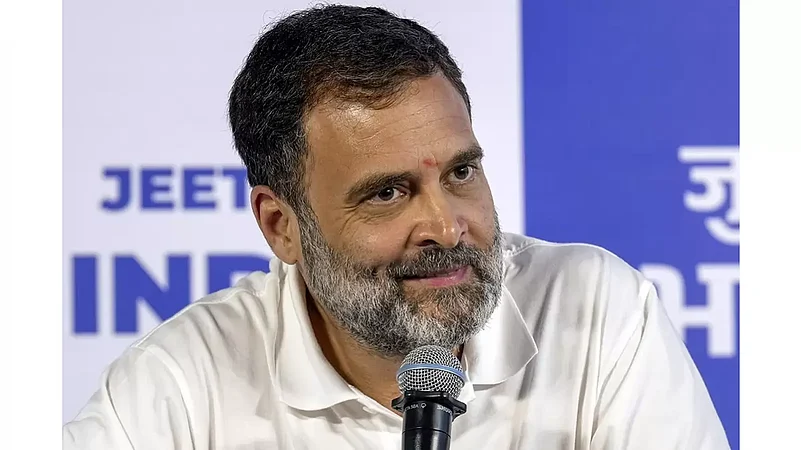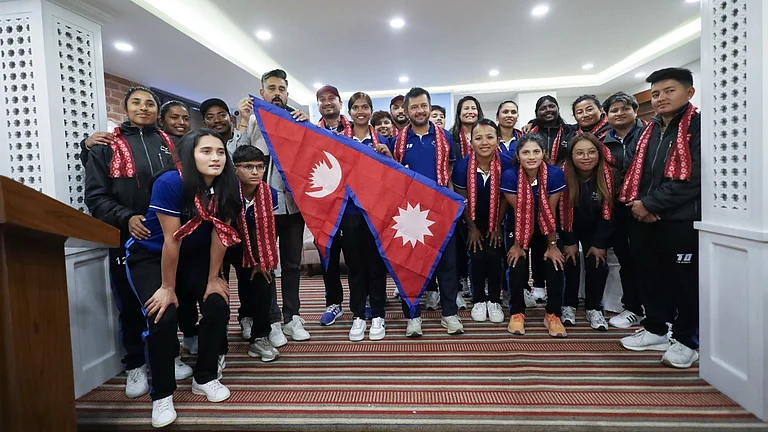A plea challenging the restoration of Congress Leader Rahul Gandhi’s Lok Sabha Membership has been moved in the Supreme Court- after having his membership restored vide a notification issued by the Loksabha Secretariat on August 7 in view of the Supreme Court’s August 2 order.The Supreme Court had suspended his conviction in the criminal defamation case over his “why all thieves have Modi surname” remark.
Ashok Pandey, a Lucknow-based advocate moved the plea contending that once a member of Parliament or of a state legislature loses office, he has to continue to be disqualified till his complete acquittal from the charges levelled against him by a higher court. The plea argues that once Gandhi lost his membership after being convicted and was awarded 2 years of imprisonment, and hence the plea appeals that the LS notification of his restoration be quashed.
"The order of Speaker was merely a formal order through which the vacancy of the office of membership of Sri Rahul Gandhi of Lok Sabha was notified. Sri Rahul Gandhi is disqualified from being chosen as or from being, a member of Parliament and state legislature till his conviction is not set aside by the court of appeal and so to restore his membership and to permit him to continue to work as a Member of Parliament is in clear violation of article 102 r/w section 8 (3) of the RP Act 1951,” the plea stated.
The plea also submits to the Election Commission of India to notify the vacancy for the seats being held by a legislator in case of conviction and sentence and hold election to choose a new legislator from that constituency. The plea also argued that Section 389 of CrPC only permitted the court of appeal to suspend the sentence and release them on bail, but it did not permit to suspend the conviction.
However, it is important to note that once the conviction of an MP or MLA is stayed by the appellate court under section 389 of the CrPC, the disqualification under sub-sections 1, 2 and 3 of Section 8 of the Representation of the People's Act, 1951 is deemed inoperative, like in the case of Lok Prahari vs. Election Commission of India.
Specifically in the Lok Prahari case, it was held that once the conviction has been stayed during the pendency of an appeal, the disqualification which follows as a consequence cannot remain in effect.


























